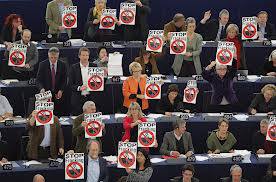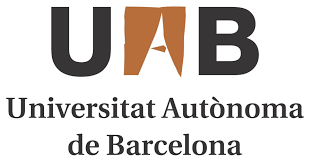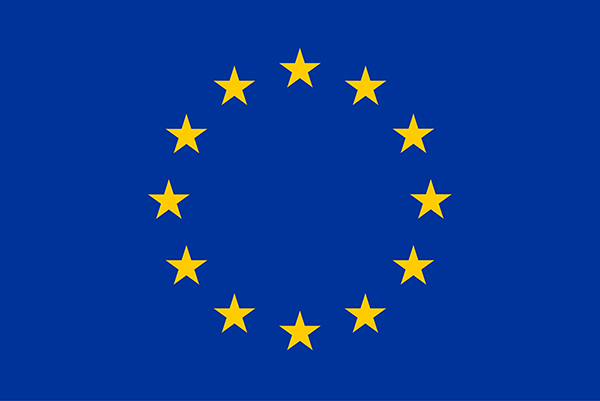
By Geraldine Ring from Fracking Free Ireland (Brussels)
The European Parliament’s Environment Committee took on board concerns from their constituents on July 11 by voting in favour of an amendment to the EIA Directive that would require a mandatory Environmental Impact Assessment to apply to all unconventional fossil fuels (UFF) projects, at both exploration and extraction phases. Some 51 MEPs lent their support to the amendment, with only 18 voting against.
Conscious of efforts by some conservative MEPs to retract the amendment and to change its wording, the reaction from citizens who had lobbied their MEPs to support the amendment was one of jubilation and relief.
The requirement for a mandatory EIA originally garnered broad political support in the own-initiative report on the Environmental impacts of shale gas and shale gas oil extraction activities adopted in Parliament in November of last year. The same report included an amendment calling on Member States to enact a moratorium on fracking but this failed to attract enough votes, with the Parliament’s largest political faction, the right-wing EPP group, largely dictating the result.
Thursday’s result was also welcomed by a number of MEPs. Northern Irish MEP Martina Anderson (GUE/NGL) stated that the amendment when voted in plenary “will ensure that the impact on the environment and public health is considered.”
Referring to the large industry lobby behind shale gas, Irish MEP Nessa Childers (S&D) criticised the industry for having failed to “sustain its responsibility to ensure that its practices are safe and to examine the consequences for public health.”
The result was also welcomed by Czech MEP Pavel Poc (S&D), and by one of the report’s shadow rapporteurs French MEP Sandrine Bélier (Greens/EFA) who also referred to the “intense lobby pressure” preceding the vote.
The reaction from the pro-shale contingent on the other hand was one of frustration and disappointment. Quoted in British tabloid ‘The Sun’, Scottish MEP Struan Stevenson (ECR) claimed “Targeting exploration in this unnecessary way amounts to stifling the potential benefits at source.”
The current version of the Directive does not guarantee systematic and mandatory EIAs before new projects commence. Because UFF projects have a maximum daily production rate of between 115,000 and 250,000m3, they will never meet the 500,000m3/day threshold mentioned in the existing legislation. With regard to mandatory EIAs applying to the exploration phase this is an important addition because deep drilling and hydraulic fracturing techniques are used all along the process, including during exploration. Significant environmental damage can already occur during this phase, as was recently illustrated through new scientific evidence on the link between fracking and earthquakes.
A mandatory EIA at exploration stage presents a significant hurdle for the industry. In Austria last year following plans by the government to make EIAs compulsory for shale gas projects, fracking company OMV decided to withdraw its plans citing economic concerns.
The absence of a mandatory EIA is only one of several gaps in the EU legislative framework concerning both the exploration and extraction of UFF. These gaps were identified in a study published by the European Commission in September 2012. By the end of the year, the Commission plans to issue a risk management framework designed to give shale gas developers a positive signal. This framework is favoured by shale gas proponents such as Polish MEP Bogusław Sonik (EPP).
According to Nessa Childers, “The EU needs to introduce strong measures to curtail hydraulic fracturing in Europe and ensure there is a sufficiently comprehensive legal framework to secure protection for health, safety and the environment. Until we have very strict regulations, we need to ban any applications for fracking.”
Both industry and pro-shale MEPs have been opposed to such a comprehensive legal framework, while the most preferred policy option among participants in a European Commission public consultation is the development of a comprehensive and specific EU piece of legislation governing UFF. The results also indicated that two-thirds of participants believe that this industry should not be developed at all.





Pingback: MEPs putting the brakes on fracking in Europe | SUD EST FORUM
I strongly believe that Hydraulic Fracturing should be banned in the World.
Let’s at least start in Europe, please ! Watching Gasland Part II has only helped to reinforce my views on fracking and the corruption in the lobbying oil industries who are desperate as we reach peak oil. It’s time for Governments the world over to invest in clean and sustainable, renewable energies and NOW!
Thanks for your encouragements Mikhail as we sure work towards that end. In order to get there, we’ll need 1000s of people like you who take the step from having this feeling to doing something with it – like the people in Balcombe. It is well possible that an anti-fracking group already exists near to you – wherever that may be.